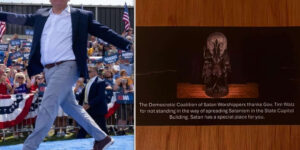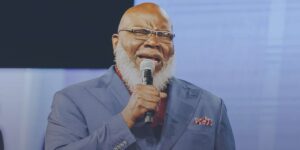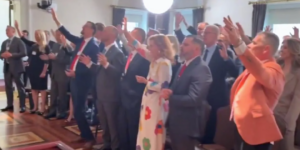High Court Sidesteps Liberty University’s Challenge to Employer Mandate
The United States Supreme Court sidestepped an opportunity Monday to take up Liberty University’s challenge to the entire employer mandate, declining to review the case without comment.
Denial of review does not result in an opinion on the merits. The court could take up a similar challenge if a federal court of appeals strikes down the entire employer mandate, although no such challenge is currently pending.
Liberty Counsel represents Liberty University and two private individuals in the case of Liberty University v. Lew (formerly Liberty University v. Geithner). This was the first private lawsuit against Obamacare filed on the day President Obama signed it into law on March 23, 2010.
The Liberty University case challenged (1) the entire employer mandate, (2) the forced funding of abortion drugs and devices under the law and as implemented by the federal Department of Health and Human Services (HHS) and (3) the forced funding of abortion by individuals under the individual mandate.
The Liberty University case first reached the Supreme Court in 2011, and the issue raised by the case (the Anti-Injunction Act) became the subject of the first day of the three-day oral argument in 2012. In November 2012, the high court ordered the federal court of appeals to rehear the remaining unresolved issues, including the employer mandate.
After the three-judge panel (two of whom were appointed by President Obama) upheld the law, the case again went back to the Supreme Court. Last week, the high court accepted the Hobby Lobby and Conestoga cases, both of which are for-profit corporations challenging only the HHS contraception and abortifacient provision.
“The high court has decided to take up the HHS contraception and abortion drug mandate, but it is not ready yet to tackle the entire employer mandate. That challenge will wait for another day,” says Mat Staver, founder and chairman of Liberty Counsel. “The Liberty University case would make strong arguments that the employer mandate could not be upheld as a tax because the penalties are exorbitantly high and punitive.
“Deciding the case would have highlighted the absurdity of the Supreme Court’s convoluted decision upholding the individual mandate as a tax. Apparently the court was not willing right now to venture back into that morass.”
Staver concludes, “We will wait on the court’s ruling next year to decide whether to file a new challenge. It is possible the high court could sidestep the HHS abortion mandate issue by deciding that for-profit corporations do not have free exercise of religion rights. I hope the court will decide the issue and strike down this most egregious trampling of the free exercise of religion.”






































